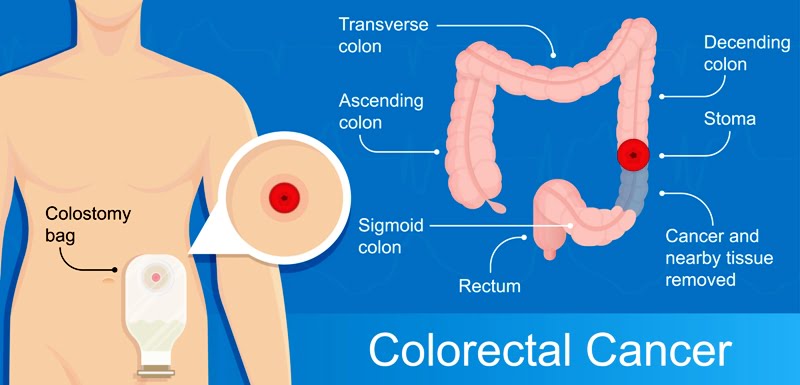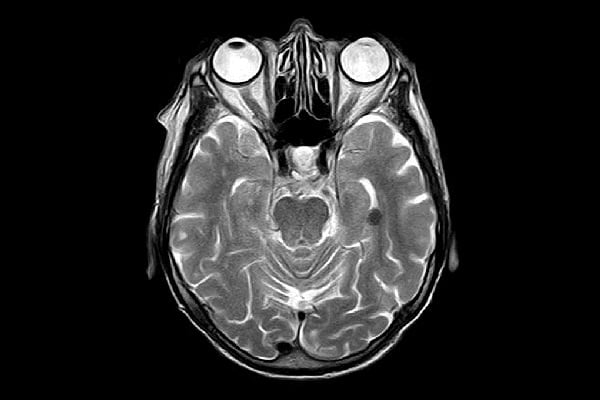Brain Imaging of Rodents Reveals Interesting Insights Into Autism
- Updated on: Jan 2, 2021
- 2 min Read
By
- Published on Jan 2, 2021


Rodent models of ASDs (Autism spectrum disorders) coupled to new budding technologies for genome editing, cell-specific functional and structural imaging, and neuronal activity manipulation will yield critical insights about autism and stimulate the emergence of new treatments.
Autism is a neurological and developmental disorder that usually begins early in childhood and may last throughout a person’s life. It affects social interaction, developmental language, communication skills, and learning capability. Read about symptoms of autism in children.
We know that humans and mice brain circuits are evolutionarily conserved. So, researchers are trying to map brain connectivity in mice that have dissimilar mutations linked to autism. By mapping the effects of a suitably large number of mutations, alterations in the brain circuitry is being acknowledged. Finally, these rodents would be useful in future for reviewing the interconnection of a specific environmental stimulus.
Recommended:
Siblings of Autistic Children May Also Face Trouble
Understanding an Autism Diagnosis Test
Researchers used functional magnetic resonance imaging (fMRI) to create maps of brain activity in a mice, which was asleep. Contemporaneous activity in brain regions is found to be connected in a circuit. By comparative analysis between control and mutant mice, brain imaging may depict autism mutations affecting common brain circuits. Researchers investigated whether these alterations are present in humans with autism who have the same mutation. The brain imaging associated with mutations in rodents has also been thoroughly investigated, enabling to relate abnormal brain functioning to definite changes in brain neural function.
Similar circuit alterations in mice showed reduced communication could explain the autism-like behaviors observed in these rodents. These similarities suggest that the circuit alterations in people with autism involve physiological impairments that researchers can model in mice and map using fMRI.
Autism is clinically heterogeneous and often referred to as spectrum disorders as there is a wide variation in the severity of its symptoms, including, cerebral abnormalities, hyperactivity, sensory processing disability, and seizures. The analysis of autism is composite and has been attributed to genetic factors. However, the identification of causative genetic changes is only the first essential step for understanding how each genetic change alters downstream molecular cascades, perturbs brain development and function and ultimately leads to autism-related behaviors.
Rodent models incorporating this growing list of genetic changes are one of the prime methods used to dissect the effects of gene mutations on neuronal anatomy, connectivity, physiology, and behavior. Researchers using mouse models of autism discuss ways these rodent models could be used to study ASD pathogenesis and find new treatments
Why use mouse models to understand the insight into autism
Mouse model systems have been used to provide insights into the investigation of various diseases and have been helpful in the discovery of pharmacologic therapies for human illness. Mice and humans share a great similarity of genes due to their close evolutionary relationship. Various biological processes and brain circuitries of humans and mice share this similarity. Although autism is uniquely human disorder, however, behavioral investigation through parallel analysis among human and mice can determine core deficits using experimental manipulations through genetic engineering and other cutting-edge technologies. It may provide relevant information to understand the underlying mechanism of the disorder and may also lead to the development of targeted and effective therapeutic approaches that can be helpful to save human life.












